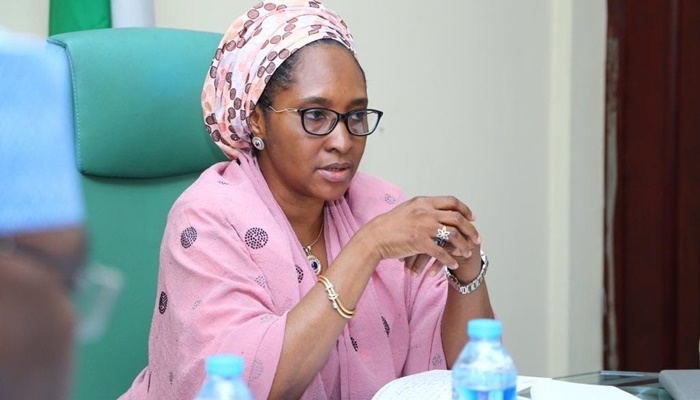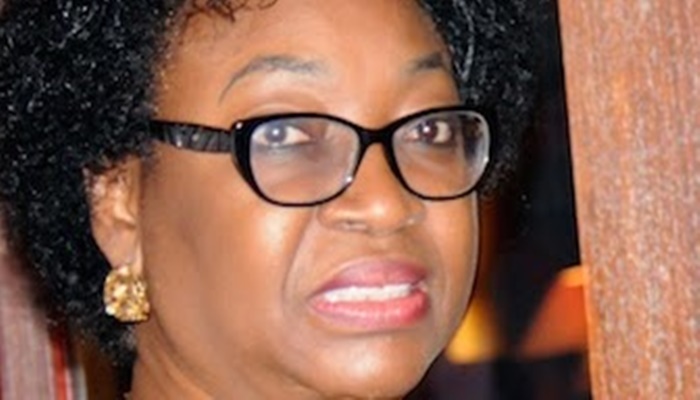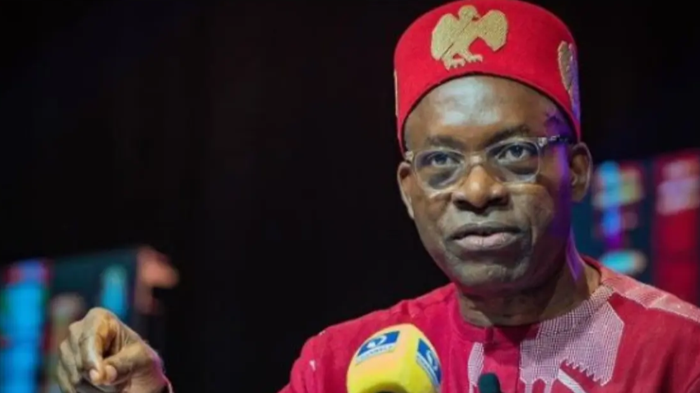
Contrary to speculations that the country is in debt crisis, the Minister of Finance, Mrs Zainab Ahmed, has said that the country is not but that she has revenue generation problem.
Ahmed disclosed this on Wednesday while giving the brief of the proposed 2020 budget at the 4th National Assembly budget hearing on the proposed budget.
She said that the Federal Government has heard repeatedly that Nigeria was hinging towards a debt crisis, but noted that the Federal Government has consistently said that the country does not have a debt crisis as the total borrowing rate of the county was under 50 per cent of the Gross Domestic Product (GDP).
Ahmed stated: “What we have is a revenue problem. Our revenue performance by half year is 58 per cent. So, we have designed this Strategic Revenue Growth Initiative early this year which has three thematic areas.
“There is also the need for us to ensure that we have the right legal enablers and other enablers that will enhance revenue performance.
“Nigeria as a country must mobilise significant domestic resources to be able to make necessary investment in human capital as well as in physical infrastructure. Giving the low revenue to GDP ratio currently at 8 per cent, we must optimise revenue generation.”
She, therefore, called on Nigerians to support the present administration in solving the country’s revenue generation problem, adding that though some reforms are tough, but some actions must be taken.
Ahmed also restated government’s readiness to engage the public in whatever they do including any changes in tax laws and rates.
Earlier, the Speaker of the House of Representatives, Femi Gbajabiamila, said that the purpose of the public hearing was to present to the stakeholders the N10.3 trillion budget as presented by President Muhammadu Buhari for the stakeholders to examine the document.
He said that what the National Assembly seeks is to get a buy in from all stakeholders, stressing that he believed nobody is a fountain of knowledge, and even though the National Assembly is given full authority by the constitution to appropriate, he said they can’t do it alone.
According to him, “Nation building is a joint task and this is the first exercise that we will be doing because the budget of any country is the blueprint of its economy. It is a basis upon which everything else is built, and for that reason, we thought it proper to hold this joint public hearing.”
Gbajabiamila noted that the National Assembly is seeking an outcome that would reflect the true federal character of Nigeria, where there would be no lopsidedness, and to ensure that everybody had an input at the end of the public hearing.
On his part, the Chairman, House Committee on Appropriation, Muktara Aliyu, said that the public hearing was no doubt an opportunity that allows the citizenry and the Nigerian public to make informed inputs into the budget.
This, he said, was to ensure an all-inclusive process in the task of national development






